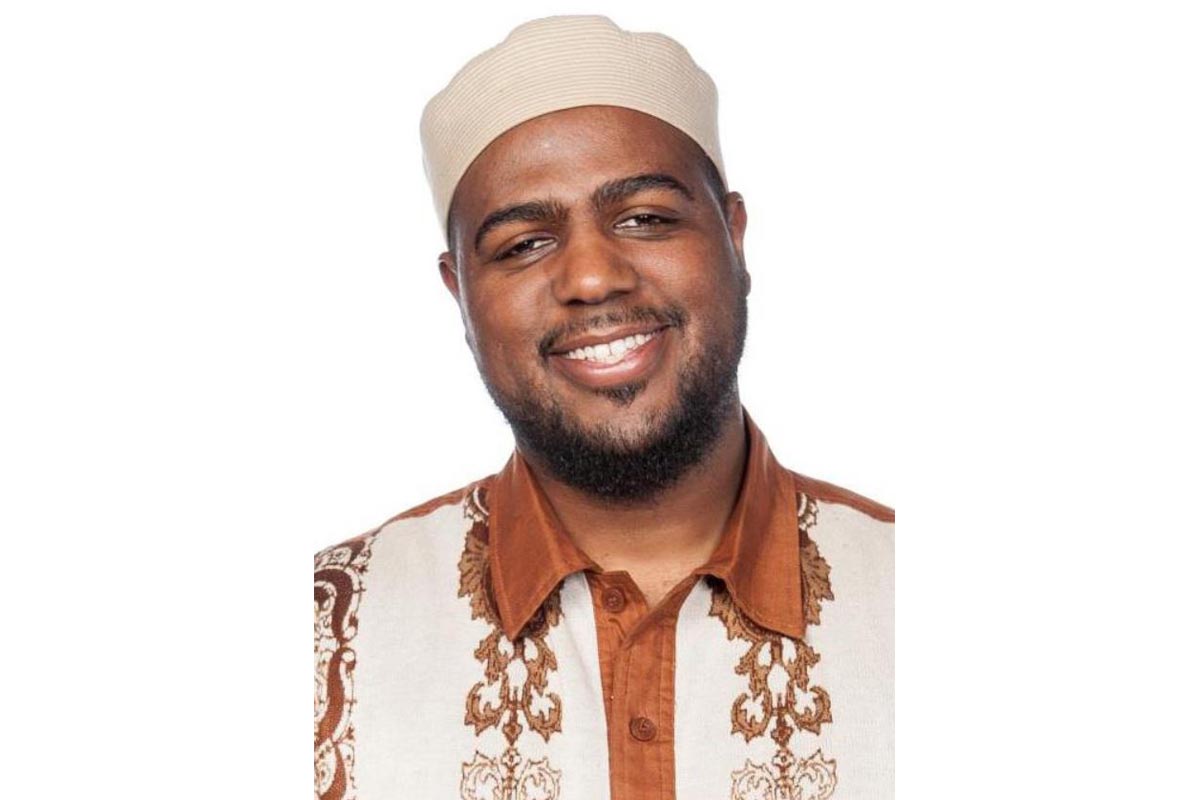How College Chaplains Promote Students’ Mental Health and Well-Being

Mental health is an important issue for college students, and chaplains play a vital role in promoting mental health and well-being on college campuses. Imagine a student caught in the grips of anxiety and depression about social justice advocacy and doxxing threats, their spirit weighed down by an invisible burden. Chaplains can provide compassionate listening, emotional support, spiritual guidance, and connections to vital resources.
Compassionate Listening
Compassionate listening goes beyond hearing words; it delves deep into the realm of understanding and connection. It is a sacred act of offering one’s undivided attention, validating the student’s experiences, and wholeheartedly embracing their pain. In this gentle space, compassion acts as a balm for the wounded soul.
Offering Emotional Support
It is important to learn from scholar-practitioners when training for chaplaincy. In my course, Muslim Pastoral Theology, we ask how a chaplain “shepherds” the student’s emotional landscape over tumultuous times. As a chaplain, one’s compassionate presence serves as a lifeline, reminding the student that they are not alone. It is essential to learn in a diverse classroom that includes faith communities outside the chaplain’s own religious identity. At HIU, you will practice conduct that mirrors the engagement within institutions chaplains serve.
Providing Spiritual Guidance
Chaplains can also offer spiritual guidance to help students find meaning and purpose during difficult times. Chaplains can help students understand how their faith can provide strength and support. HIU educators offer a deep well from which our chaplains-in-training benefit. A chaplain leaves our program well prepared to help students find calm and peace in the midst of any campus storms.
Access to Resources
Chaplains can connect students to counseling services, health services, academic accommodations, and other campus resources. They can help students navigate complex systems and advocate for policies and practices that promote mental health, like awareness campaigns, peer support programs, and mental health days. Chaplains at HIU are uniquely prepared to become interdisciplinary colleagues who contribute to the life and service of the higher education institution. Often, in times like our global crisis today, both Jewish and Muslim chaplains become default chaplains of the college given the context of the campus needs. Senior administration deans, provost, vice presidents and the president look to chaplains as essential resources at protests, vigils, and conflicts.
Raising Awareness
Chaplains can also raise awareness about mental health issues in the community – educating students and dispelling myths. They can advocate for policies and practices that promote understanding, detection, and support. Mental health still has a widely negative connotation in religious communities, particularly in my Muslim community. I have served on the board of the Institute of Muslim Mental Health for over a decade hoping to raise awareness and to destigmatize mental wellness services.
Through compassion and facilitating access to vital resources, chaplains catalyze healing. In the embrace of compassion, students find solace, resilience, and the strength to thrive. Let compassion be the foundation upon which we build a campus culture that nurtures mental health and well-being. Come to HIU to learn with top scholar-practitioners in the field to promote mental wellness as a chaplain.
Dr. Bilal Ansari is Co-Director of the MA in Chaplaincy and Director of the Islamic Chaplaincy Program.
